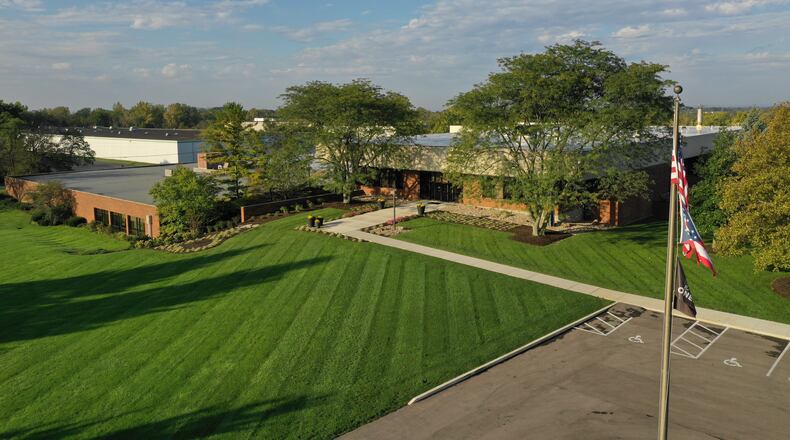While some projects have been delayed until later in the year, nothing has been cancelled, Olivas said in an interview last week. In fact, O’Neil recently celebrated earning nearly $3 million in new business in the first quarter of 2020.
At the same, the company has seen about $3 million in other projects delayed until later in the year, the CEO said.
The work has not been cancelled, he emphasized. For now, revenue projections for the year are still holding.
“O’Neil has been fortunate,” Olivas said. “We were very strong financially, and you know we have always run the business in a very conservative fashion. We have a longstanding history and a strong customer base.
“So I always felt confident that we could weather this,” he added. “I always felt confident we could do it.”
Olivas acknowledges there are real challenges ahead.
“I’m not saying we’re free and clear,” he said. “There are still some unknowns.”
What happens later in the year will be crucial. While Olivas is confident that the defense industry — fully 60 percent of his firm’s business — will remain steady, he’s carefully watching aerospace and commercial customers. Belt-tightening in those areas is not a possibility O’Neil can ignore.
“Later in the year, we may have some impact — not a fatal impact, but certainly we may see an impact,” said Olivas, a California native.
The pandemic has been brutal for the aerospace industry. Boeing has announced it’s cutting 12,000 jobs through layoffs and buyouts, and GE Aviation earlier this month announced plans to permanently reduce its global workforce by as much as 25% this year through a mix of layoffs and “voluntary actions.”
In that sector, Olivas said, “It’s too early to really tell. They’re really not entirely sure what’s going to come later in the year.”
Money has already been allocated for many of the contracts big customers have with O’Neil. But, he added, “It’s future work where they may say the budget next year may be impacted by this.”
The firm crafts software to help clients present technical content, troubleshoot and repair their products, create interactive schematics, train their employees and more.
Added Olivas: “We’re about as good as we can be, given the circumstances.”
Elsewhere, the O’Neil Center for Research Communication remains at Wright State University. That center’s work has continued, Olivas said.
The center opened on Wright State’s campus in the fall of 2017 as a haven for those working to bridge the gap that can exist between engineers, technical professionals and communicators.
The non-profit center relies on not just O’Neil’s baseline funding but also on revenue from clients internal and external.
About the Author


